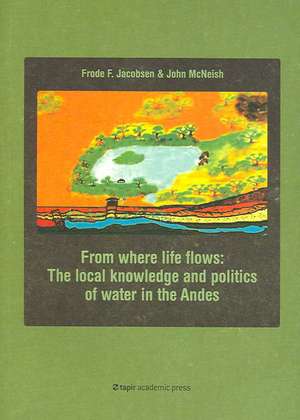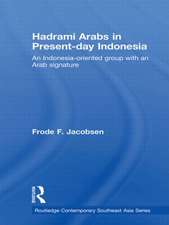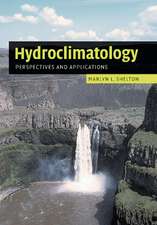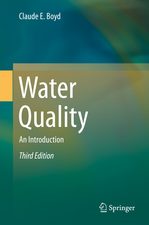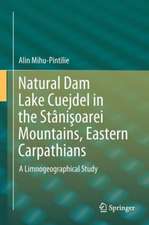From Where Life Flows
Autor Frode F. Jacobsenen Limba Engleză Paperback – 30 noi 2006
Preț: 152.41 lei
Preț vechi: 165.87 lei
-8% Nou
Puncte Express: 229
Preț estimativ în valută:
29.17€ • 30.34$ • 24.08£
29.17€ • 30.34$ • 24.08£
Carte disponibilă
Livrare economică 25 martie-08 aprilie
Preluare comenzi: 021 569.72.76
Specificații
ISBN-13: 9788251921442
ISBN-10: 8251921449
Pagini: 151
Ilustrații: Illustrations
Dimensiuni: 171 x 240 x 8 mm
Greutate: 0.3 kg
Editura: Tapir Academic Press
ISBN-10: 8251921449
Pagini: 151
Ilustrații: Illustrations
Dimensiuni: 171 x 240 x 8 mm
Greutate: 0.3 kg
Editura: Tapir Academic Press
Cuprins
Local Water Management Strategies in the Andes and Beyond; Introduction Part I: Albarradas in Coastal Ecuador: Rescuing Traditional Knowledge on Sustainable Use of Biodiversity; Water Management in Ancient Ecuador; The Use and Traditional Knowledge of Pre-Hispanic Hydraulic Systems amongst Indigenous and Non-Indigenous Populations on the Ecuadorian Coast; The Future of the Albarradas: Between Local Knowledge and (Development) Policies; Two Stories about Development on the Peninsula Santa Elena, Ecuador; Introduction Part 11: Bolivia: The Politics of Water; Establishing Development Orthodoxy: Negotiating Masculinities in the Water Sector; Managing Scarcity of Water: Notes about Political Mobilisations in Poor Neighbourhoods of El Alto, Bolivia; Irrigation: When the Solution became a Problem; Local Level Water Management and the Progress of Civilisations in the Ancient Near East: A comparative case; Presentation of authors.
